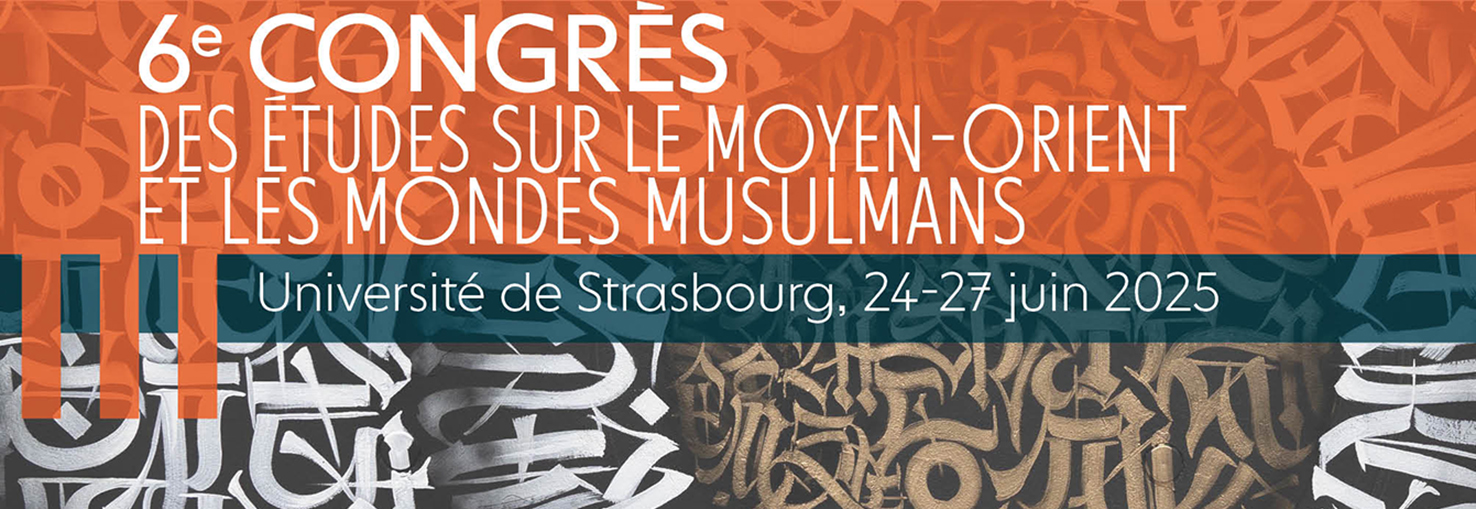
|
Document non disponible Le document que vous demandez n'est pas disponible en consultation.
|

|
Document non disponible Le document que vous demandez n'est pas disponible en consultation.
|
 Chargement...
Chargement...